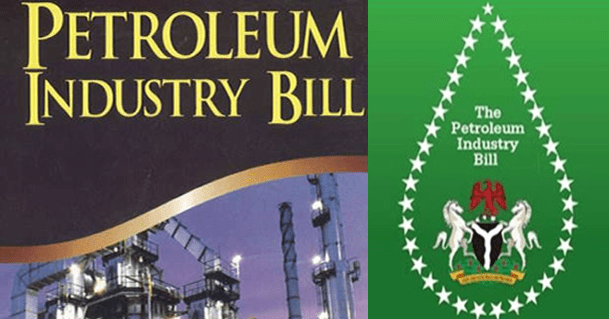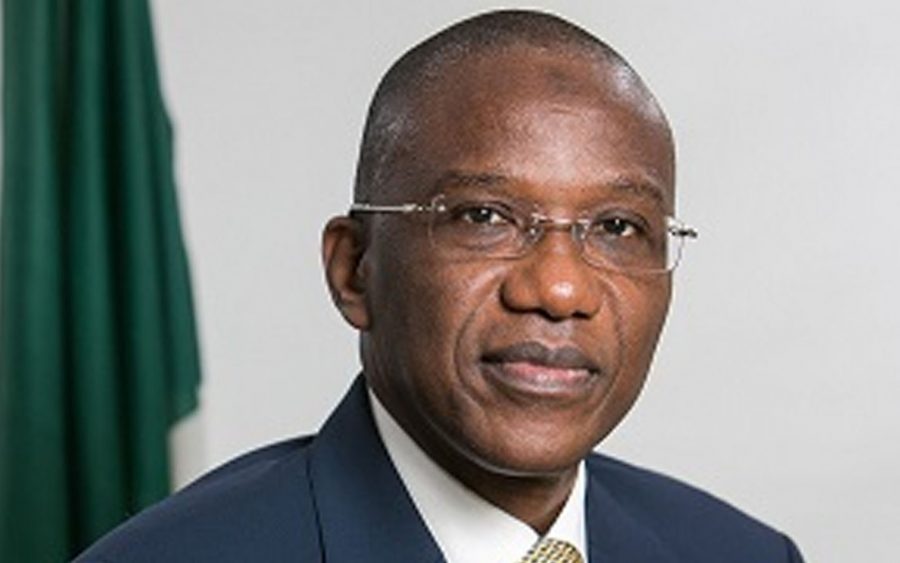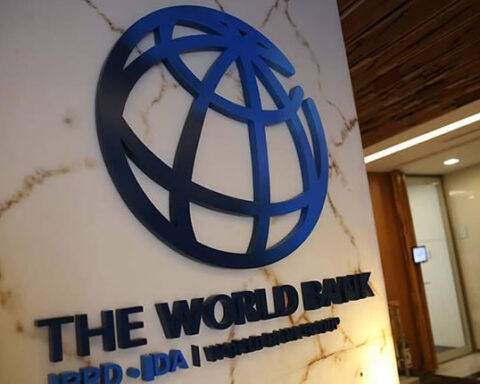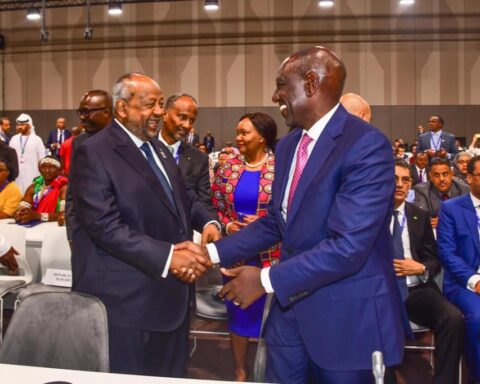WHEN on September 20, 2020, President Muhammadu Buhari presented a refurbished Petroleum Industry Bill (PIB) to Nigeria’s National Assembly, not many thought it was the last major step to making a law out of the 13-year tortuous sojourn of the bill.
For over a decade, the clash of interests between the National Assembly, the Executive, federal ministries, oil communities and investors led to errors, scheming and legislative summersaults that frustrated former efforts to pass the PIB in 2009, 2012 and 2018.
Join our WhatsApp ChannelSo, when the bill transmuted into the Petroleum Industry Act (PIA) via the president’s assent, August 16, there were echoes of praises, surprises and disquiet.
To some, the president showed courage in ending the long journey of the PIB and, in his usual style, appeared to damn the torrent of dissenting voices bellowing hither and thither, mainly south of Nigeria.
Risky, perhaps unnecessary courage it seemed, but the determination may have been necessary if only for progress from bill to law.
Given the turbulence that had characterized the PIB, Nigeria’s oil sector needed a law that would, as the bill proposed, “introduce pertinent changes to the governance, administrative, regulatory and fiscal framework of the Nigerian oil and gas industry, in order to ensure transparency, strengthen the governing institutions and attract investment capital.”
Read also:PIA Outdated? Playing Devil’s Advocate On Renewable Energy, Fossil Fuels
Therefore, the president may have scored a key political goal in taking a significant step now that investors are looking to get a strong and positive legal signal as oil prices rally back to rare highs of $74 a barrel as of July, from lows of around $35 in 2020.
Key gains and steps need to be taken in the economic sector as the world settles into a new COVID-19 normal.
Oil revenues are necessary to sustain Nigeria’s flailing federal budget, and another stalemate in the PIB would not have helped much. The five-chapter Act contains 319 sections on governance and institutions, petroleum administration generally, provisions about host communities, petroleum industry fiscal framework, and general provisions.
But, quite expectedly, or customarily, the law has set off a torrent of tantrums, threats and fears.
Strong words such as unjust, ruse, satanic have joined the new lexicon describing the Act, which has also been rejected by the governors of the 17 southern states.
In all, the level of tension generated by the PIA reflects the importance of oil to Nigeria’s economy.
Principally, it is Section 3 on host communities that has drawn the most flak from civil society organisations and host communities, or now oil bearing communities, which described the new law as “obnoxious and vexatious,” for “failing to address community, economic and environmental concerns.”
For such communities, the president failed to take his time to address all grievances steadfastly and diplomatically before assenting to the bill.
This, in some quarters, has been described as unnecessary bravado to score cheap political points.
The legal battle may soon begin, including threats of extra-legal measures the country can ill-afford at a time of heightened security challenges, industrial turmoil, instability and rising food prices.
We at Prime Business Africa believe that history and expert analysis trailing the PIA seem to support the reservations so far expressed by the oil-bearing communities.
For instance, the communities had sought a 10% equity share of profits accruing from oil and gas operations by the Nigeria National Petroleum Corporation (NNPC), though the House of Reps had approved 5%.
And in what has been described as robbing Peter to Pay Paul, the Act allocates 30% of the same profits for exploration of oil in “frontier basins.”










![Gender Activism An Economic Necessity In Africa [PBA Editorial]](https://www.primebusiness.africa/wp-content/uploads/2023/11/vaw-480x384.png)

